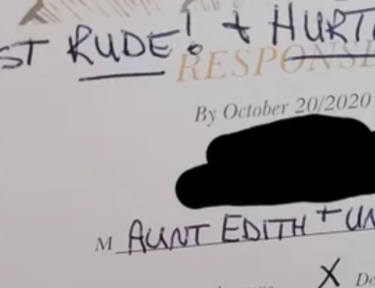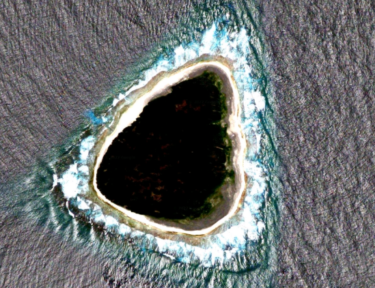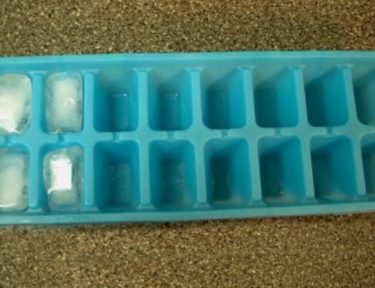Here’s How to Treat and Prevent Cold Sores on Your Lips
If you’ve ever had a cold sore, you know that they’re the absolute worst. They show up right around your lips (but occasionally on your nose or cheeks), so they’re there right in the open. Plus, they’re annoyingly painful; they’ll either tingle, itch, or burn.
Worse, these fluid-filled blisters “may burst, leaving shallow, open sores that ooze and crust over the course of several days,” says Sonia Batra, a board-certified dermatologist.
What exactly are cold sores?
Okay, we know that cold sores aren’t exactly fun, but what even are they and why do we get them?
“Cold sores are small oral ulcers that are caused by the herpes simplex virus,” says Shilpi Agarwal, a board-certified family medicine and integrative and holistic medicine physician in Washington, DC.
A lot of people confuse cold sores with pimples or canker sores, but one way to differentiate a cold sore from anything else is that it shows up in a cluster of small white dots, not one mark such as a pimple, which also sometimes has a white plug that doesn’t show up in cold sores. (Sorry for the visual image here. The more you know!)
The good news is that the virus is only spread when you see symptoms, like these cold sores. Otherwise, the virus actually doesn’t cause much harm and lies dormant in the body most of the time.
“It is thought that cold sores are less contagious once they scab over, but you are still contagious until they go away completely, which typically takes about two weeks,” says Batra.
That said, when you do get a cold sore, it’s good to know how to treat them, and prevent more from coming.
How to treat cold sores
One of the best things you can do is show self care. One of the most simple ways to do that is to make sure you’re staying hydrated and getting enough sleep.
“I recommend patients get tons of sleep and water as this can beef up the immune system, and we see the sores more present when the body is under stress,” says Agarwal.
Another way to help? “Topical balms can help reduce stinging and speed up healing,” Agarwal says. Speak with your healthcare provider about a prescription, or check out an over-the-counter med.
If you cant get to meds right away, a cold compress or holding ice cubes to the sore can help reduce swelling, redness, and pain.
How to stop cold sores in their tracks
Cold sores can be reactivated by things such as stress (including physical stress, like getting a cold or the fly), excessive exposure to the sun, and physical trauma.
The virus is also super contagious, and is most commonly transmitted by close contact with skin or saliva. So if you know someone with a cold sore, you’ll want to avoid sharing food or drinks with them, personal items like a toothbrush, or doing any type of sexual activity.
Additionally, skip the chap stick or lip gloss when you have a cold sore—if you reuse it once the sore has passed, you can reactivate the virus.
You can also try taking Lysine supplements, which can “interfere with virus replication,” says Agarwal.
Have you ever gotten a cold sore before? How did you get rid of them?




